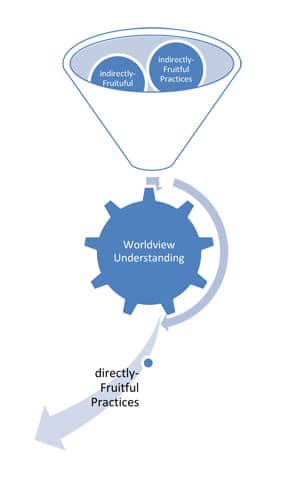Related Articles
The Internet as Mission Field? Joining the World Discussion Boards
With hundreds of millions of people using the Internet daily, countless opportunities abound for Christians to share their faith online.
Welcoming the Stranger
Presenter: Matthew Soerens, US Director of Church Mobilization, World Relief Description: Refugee and immigration issues have dominated headlines globally recently. While many American Christians view these…
Fruitful Practices: Studying How God Is Working in the Muslim World
An inductive, multi-year, multi-agency study reflects both directly and indirectly Fruitful Practices that have resulted in churches being planted across the Muslim World.
Missions on the Web
In this edition of Missions on the Web we break with our tradition of developing a Web page for MisLinks and asked the developers of five key Web sites that support mission to give us a behind-the-scenes explanation of their creations.
Missions on the Web
In this edition of Missions on the Web we break with our tradition of developing a Web page for MisLinks and asked the developers of five key Web sites that support mission to give us a behind-the-scenes explanation of their creations.


